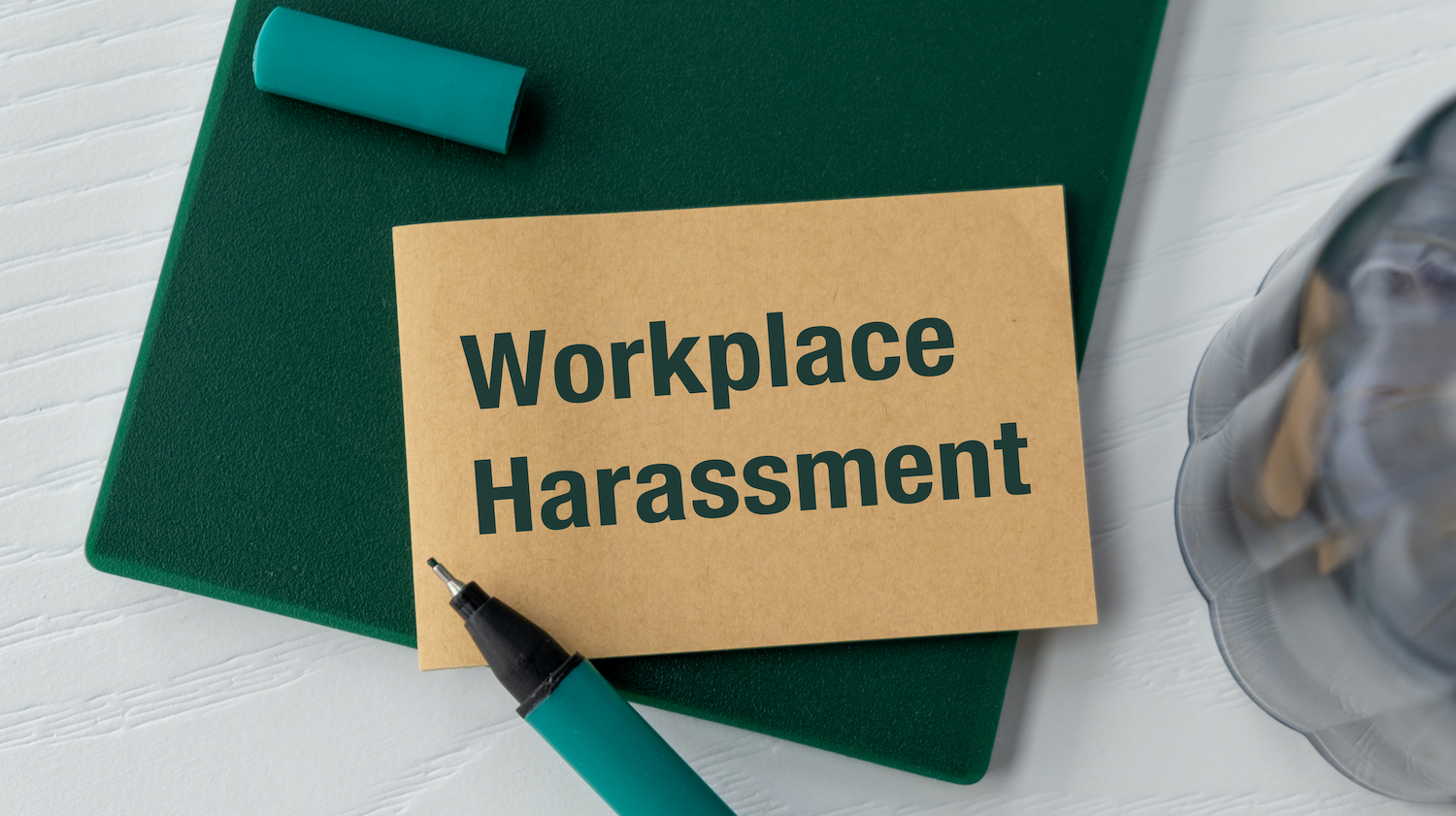
Can construction labour shortages be solved through immigration changes?
Michelle Essen and Alan Kennedy from law firm Womble Bond Dickinson discuss the Spring Budget announcement that could address industry skills gaps
In the Spring Budget this month the government announced that it would add five construction occupations to the shortage occupations list (SOL) to help ease labour shortages.
This decision followed recommendations from the Migration Advisory Committee (MAC), as outlined in its Construction and Hospitality Shortage Review.
Construction labour shortages have been ongoing for a number of years. This was exacerbated by Brexit (through increased administration costs of bringing workers in from overseas), and also by the pandemic and industry trends that are seeing construction workers retiring or leaving the labour market.
The MAC report explains that vacancies have risen strongly in construction: "Comparing the most recent three-month period (Nov-Jan 2023) with the immediate pre-pandemic period (Jan-Mar 2020), vacancies are…65% higher in construction. This compares to an increase of 42% in the overall economy."
So, can shortages be easily fixed through adding construction occupations to the SOL?
The SOL and the new occupations added
The SOL sets out a list of skilled occupations that are in short supply in the UK-resident labour market, and which can be filled under the skilled worker route.
The advantage of recruiting individuals under the SOL is that occupations on the list are given some dispensations within the immigration rules which are designed to make it easier for employers to access migrant labour to fill vacancies in short supply.

Occupations on the shortage occupations list (SOL) attract a lower salary threshold and the visa application fees are lower, making it cheaper to recruit individuals under the SOL
Occupations on the SOL also attract a lower salary threshold and the visa application fees are lower, making it cheaper to recruit individuals under the SOL.
However, it should be noted that employers looking to recruit individuals under the SOL will need to obtain a sponsor licence from the Home Office.
This requires an online application form, various supporting documents and payment of a fee.
The five construction occupations to be added to the SOL post-Budget are:
- Bricklayers and masons
- Roofers, roof tilers and slaters
- Carpenters and joiners
- Construction and building trades not elsewhere classified
- Plasterers
However, these additions will only "take effect before summer recess".
Will being on the SOL make a difference?
It is welcome news that various occupations from the construction industry have been added to the SOL. This will help businesses address certain labour shortages and benefit from the relaxed rules under the SOL.
It is also helpful that six other construction occupations are being considered for the SOL with a final decision anticipated later this year. These are:
- Steel erectors
- Scaffolders, stagers and riggers
- Road construction operatives
- Ceiling fixers
- Mobile machine drivers and operatives not elsewhere classified
- Elementary construction occupations
The Construction Leadership Council (CLC) has been considering the SOL too, having provided "stakeholder evidence" to MAC, and making its own recommendations for the SOL before the Budget.
To assist further, the CLC also published its revised 2023 Immigration Guidance Movement of People – What you should know in mid-March, in which it references the SOL.
Michelle Essen is legal director at Womble Bond Dickinson.
Alan Kennedy is managing associate at Womble Bond Dickinson.
Comments
Comments are closed.







The skills gap is caused by companies not taking on apprenticeships from school leavers, it suits their collective agendas and that of the government to swamp the industry with cheap foreign labour.
A welcome recognition that Brexit has been a disaster for “hard work” construction jobs that Brits are simply not interested in.
Does the government not think it would be wise to start training of the existing UK population rather than importing personnel into an already crowded island? Any training of UK residents could be linked to tax incentives.
I don’t blame Brexit for our skills shortage; yes immigration plays a part in the bigger picture, but I feel that our education system has a lot to answer for this too. Youngsters seem to be tuned to pass an exam,and not so much to understand the subject matter. Wouldn’t it be far better if our youngsters embraced what they want to do and start their career journey whilst they are at school? So many kids leave school not knowing what they want to do.